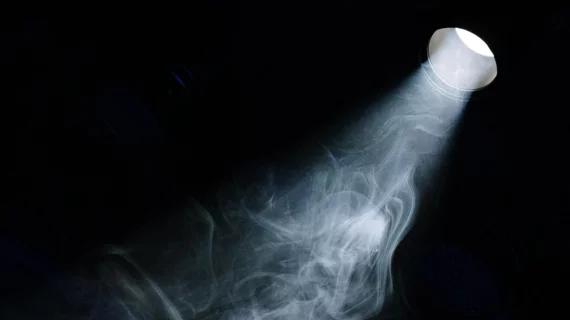A heavyweight bipartisan duo in the U.S. Senate has begun grilling some for-profit healthcare providers and the private equity outfits that own them.
Voicing pointed concerns about the profit motive’s effects on care quality and hospital understaffing are Sens. Sheldon Whitehouse (D-Rhode Island) and Chuck Grassley (R-Iowa).
Whitehouse and Grassley are, respectively, the chair and ranking member of the Senate Budget Committee.
They want the subjects of their probe to hand over documents and answer questions about complex and evidently lucrative financial arrangements.
The senators have sent letters demanding responses from provider orgs Lifepoint Health and one of its 60-plus rural hospitals, Ottumwa Regional Health Center in Iowa, along with two community facilities in Whitehouse’s home state, Roger Williams Medical Center in Providence and Our Lady of Fatima Hospital in North Providence.
(The latter two are presently seeking a return to nonprofit status.)
Equity firms affiliated with these systems and thus in the senators’ crosshairs include Leonard Green & Partners, Prospect Medical Holdings, Medical Properties Trust and Apollo Global Management.
In announcing the December probe, which builds on a March 2023 probe spearheaded by Grassley, the senators summarize their motives.
Whitehouse:
“From facility closures to compromised care, it’s now a familiar story: Private equity buys out a hospital, saddles it with debt, and then reduces operating costs by cutting services and staff—all while investors pocket millions. Before the dust settles, the private equity firm sells and leaves town, leaving communities to pick up the pieces.”
Grassley:
“When it comes to our nation’s hospitals, a business model that prioritizes profits over patient care and safety is unacceptable. Iowa residents, including those living in rural areas, shouldn’t have to settle for anything less than the highest quality of care.”
Grassley references a shocking series of assaults at Ottumwa Regional Health Center. In 2021 and 2022, a now-deceased male nurse sexually assaulted at least nine female patients while they were sedated or unconscious.
This chapter “prompted me to ask tough questions about how financial maneuvers by private equity and related companies have negatively impacted the resources, and thereby the patient care, at our rural hospitals,” Grassley says.
Whitehouse’s office has posted links to the full letters sent to the firms and hospitals here.
Grassley’s press release is here, and NBC News offers a detailed breakdown of the developments here.

